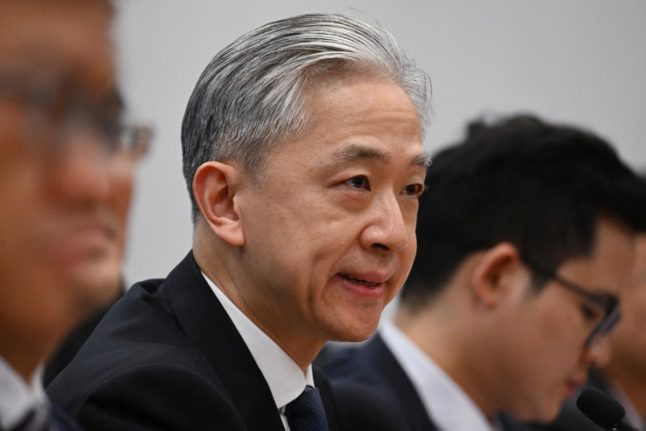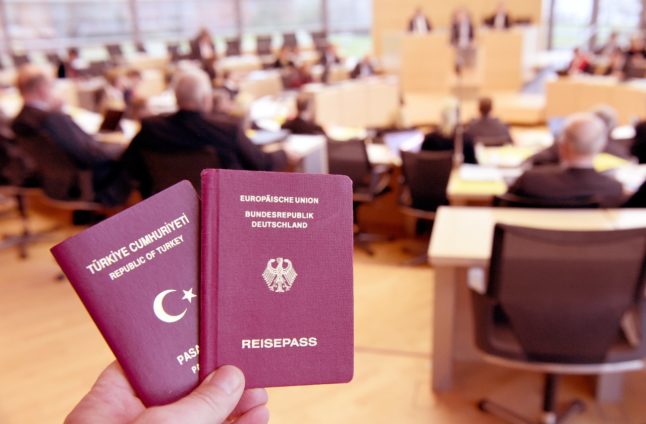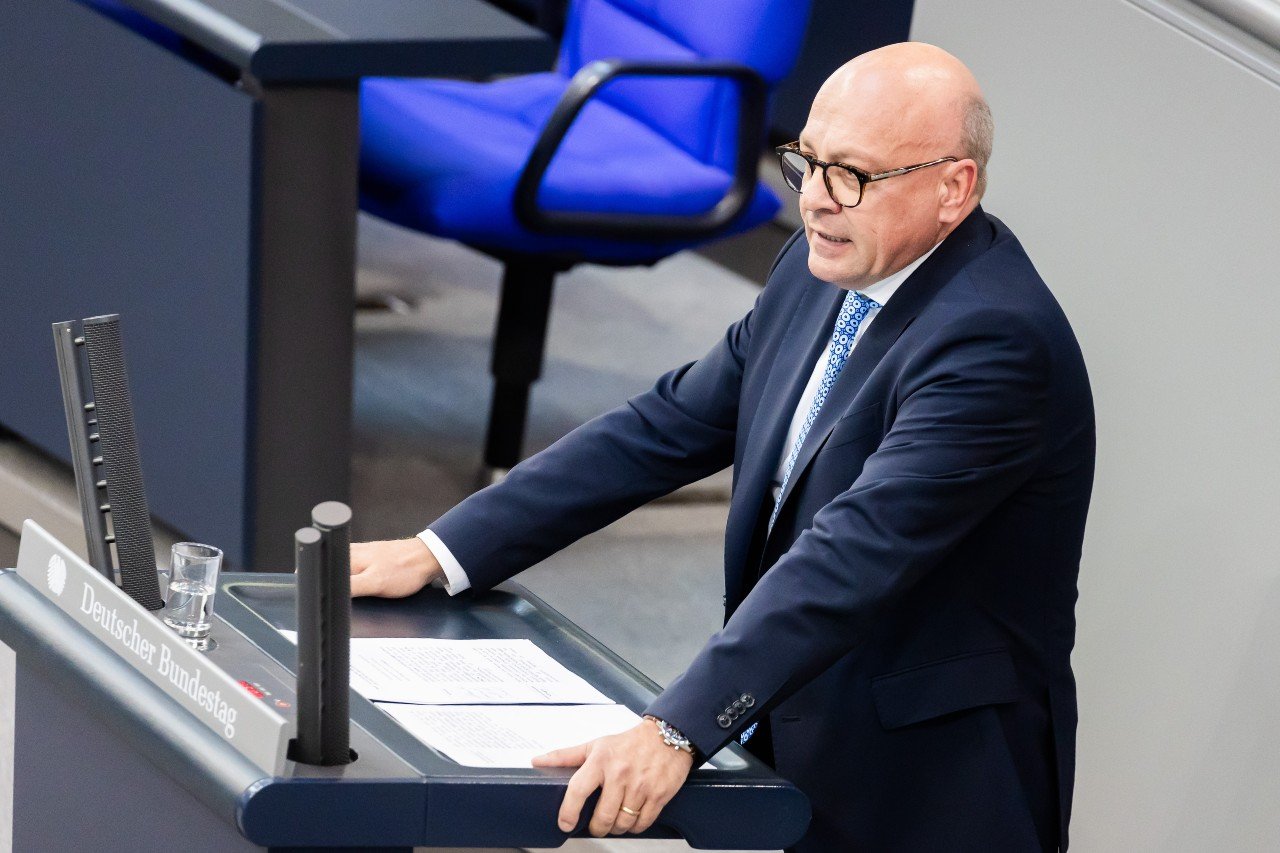The 64-page strategy, adopted on Thursday by officials in Berlin who said it was formulated in response to a “more assertive” China, has already drawn the ire of Beijing.
“We believe that competition and protectionism in the name of ‘de-risking’ and reducing dependence entirely securitises and politicises normal cooperation,” Chinese foreign ministry spokesperson Wang Wenbin told a regular press briefing.
Wang said that the move would “only produce the opposite of the intended result, creating man-made risks”.
“Clamouring about so-called competition of systems, interests, and values goes against the trend of the times and will only exacerbate divisions in the world,” Wang said.
The document, covering security policy as well as economic and scientific cooperation, is the product of months of wrangling within the German government over its strategy toward China.
German Chancellor Olaf Scholz tweeted Thursday that Berlin had “reacted to a China that has changed and become more assertive”, and that his government wanted to reduce economic reliance on Beijing in critical areas.
Foreign Minister Annalena Baerbock said that the new approach was embedded in the European Union’s approach to China, and showed that Germany was “realistic but not naive”.
While Baerbock, of the Greens party, has pushed for a more hawkish line and a greater emphasis on human rights, Scholz, a Social Democrat, has backed a more trade-friendly stance he calls “de-risking but not decoupling”.
The German announcement initially drew a strong reaction from China’s embassy in Berlin, which said “viewing China as a ‘systemic competitor and rival’ is not in line with the objective facts, nor with the common interests of the two countries”.
The embassy cautioned in a statement that “an ideological view of China… will only intensify misunderstandings and misjudgments, and damage cooperation and mutual trust”.
Since the United States toughened up its economic policies against China, Beijing has feared its biggest partner in the EU could be headed in the same direction.
The German chancellor’s statements on the issue have echoed language used by the United States and European Union leaders, who say they want to adjust economic dependence while continuing to work and trade with Beijing.
Li Qiang, visiting Germany last month on his first trip abroad since he was named China’s premier, warned Berlin against “using de-risking in name to carry out decoupling”.




 Please whitelist us to continue reading.
Please whitelist us to continue reading.
Member comments